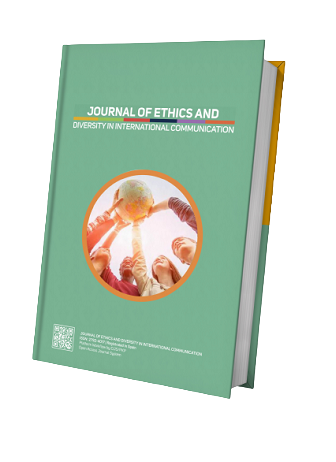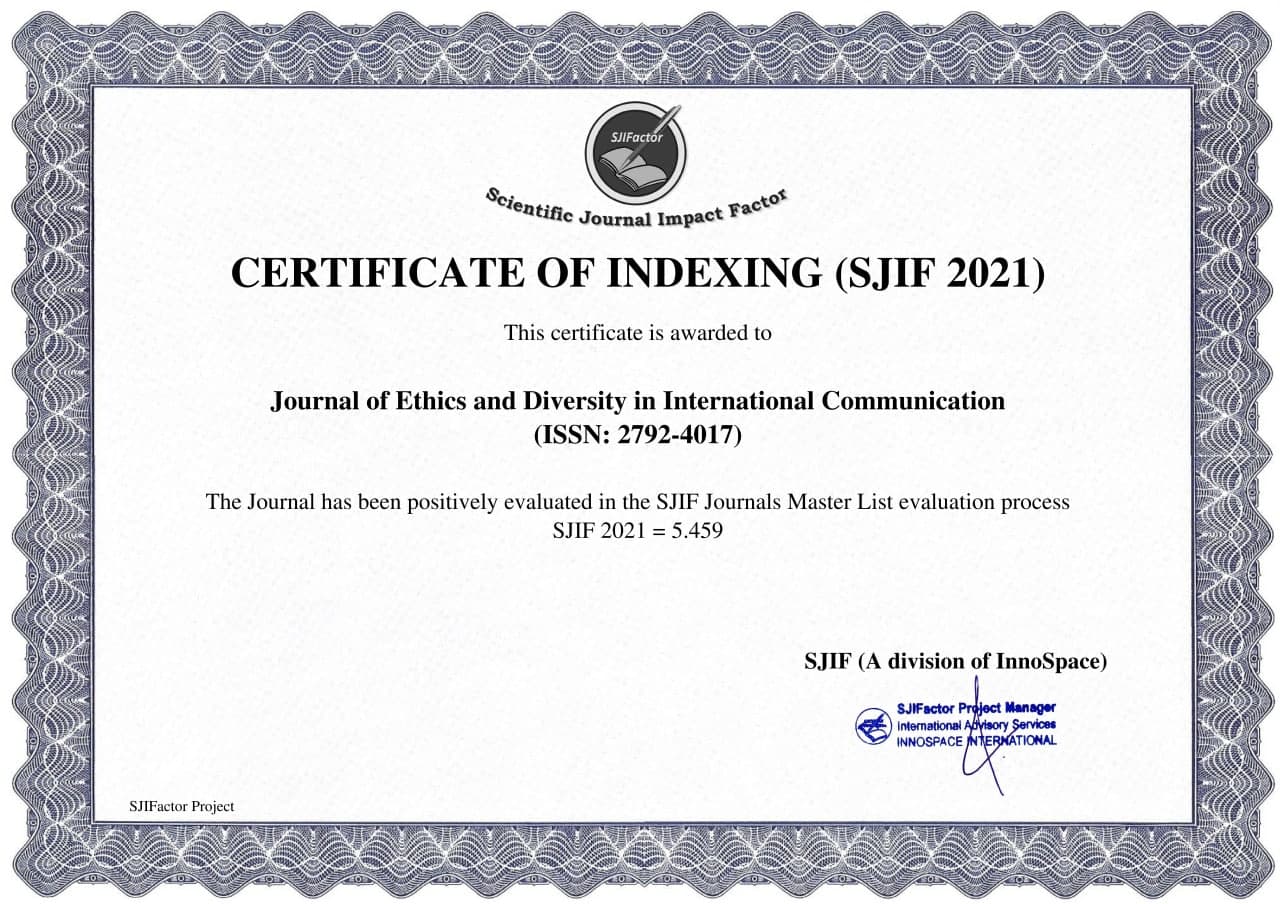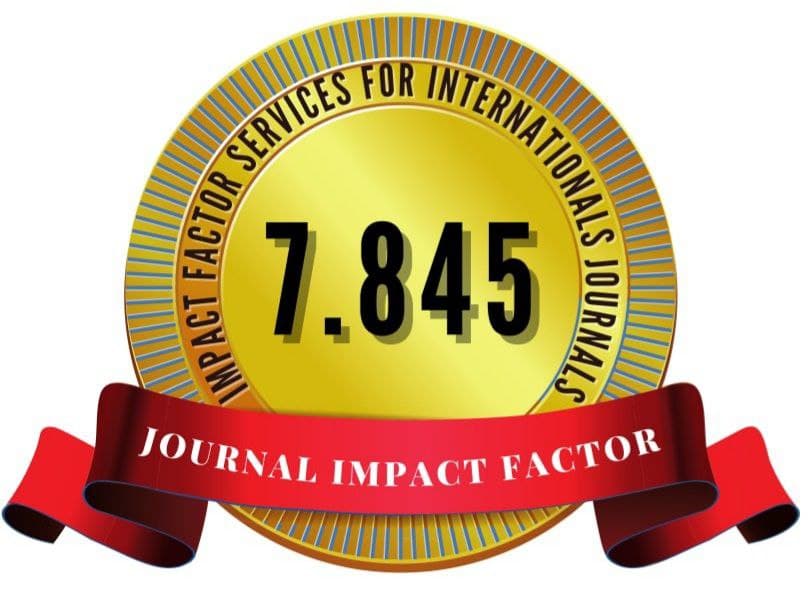East and Oriental Motives in German Dramaturgy
Keywords:
East and West, spiritual-philosophical, aesthetic taste, science and enlightenment, political traditions, classical, editing and interpretationAbstract
The article illustrates the Eastern and Oriental motifs expressed in the German dramaturgy acquire philosophical, satirical and educational significance. The originality of the German dramaturgy on the Eastern theme depends on the literary relations between the West and the East. It is highlighted that the dramatic works of German literature have reached a new level and have a positive effect on the enrichment of the spiritual world and aesthetic taste of the peoples of the East and the West, both in the field of literature and on the path of science and enlightenment. We can observe that the German dramaturgy was imbued with the philosophical spirit of the Enlightenment in the works reflecting the daily needs, including the most important social changes in the life of Western Europe. The works under analysis aim to control the viewer's or readers' experiential perception, so they suggest possibility and concretize the culturally alien. On the other hand, in Lessing's religious-philosophical "dramatic poem", which is not for nothing accepted as a "doctrine poem", the principles of the formation of the East are more clearly manifested. Oriental plots and ideas are interpreted in common with the ideas of tolerance and humanism in German literature.








